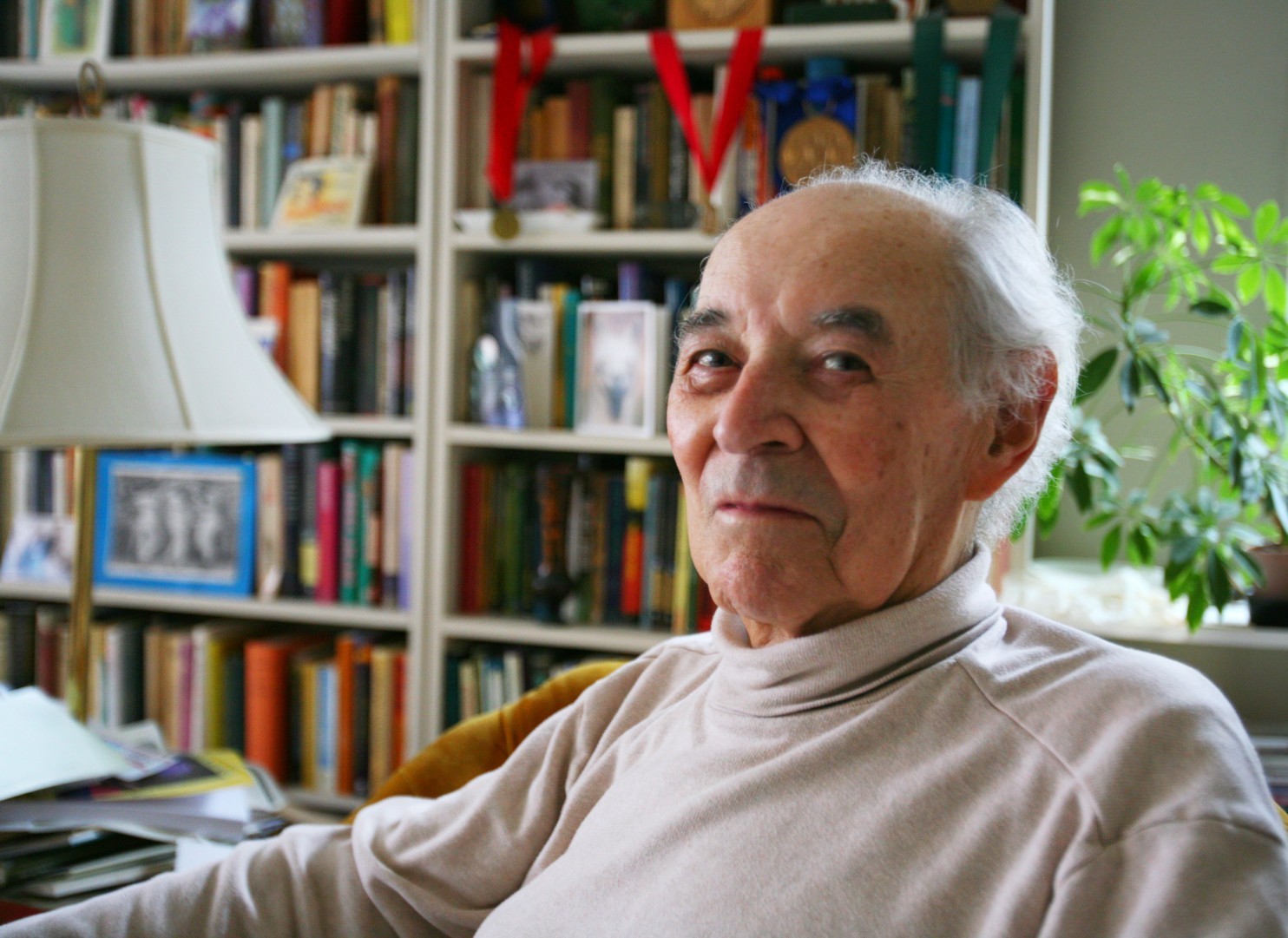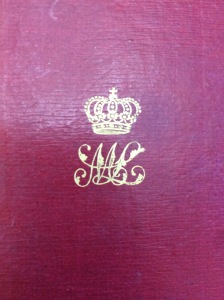Following on from my recent post about new English-language acquisitions relating to modern Ukrainian history, I wanted to highlight a small sample of our holdings of modern Ukrainian literature in translation. (Click on the titles below to be taken to the record in iDiscover.)
One author whose works have gradually made their way into English translation is Oksana Zabuzhko, who has won a number of awards, including the Shevchenko National Prize. Her output spans novels, short stories, poetry, and non-fiction; we have recently acquired both her short story collection Your Ad Could Go Here and her Selected Poems, both of which appeared in English for the first time in 2020, and both of which are the work of multiple translators.



The stories in Your Ad Could Go Here deal with the Euromaidan protests and the war with Russia since 2014. Other literary responses to the conflict include Lyuba Yakimchuk’s book of poetry, Apricots of Donbas; Volodymyr Rafeyenko’s novel Mondegreen : Songs About Death and Love; and Oleg Sentsov’s short story collection, Life Went on Anyway. Each author has been personally affected by the war: Lyuba Yakimchuk’s parents and sister were forced to flee their home in the Luhansk region when it was occupied by Russian-backed militants; Volodymyr Rafeyenko moved from his native Donetsk to near Kyiv at the outbreak of war; and Oleg Sentsov was arrested on terrorism charges in Crimea in 2014 and sentenced to 20 years’ imprisonment (he was released in a prisoner swap in 2019). Continue reading “Ukrainian literature in translation”













